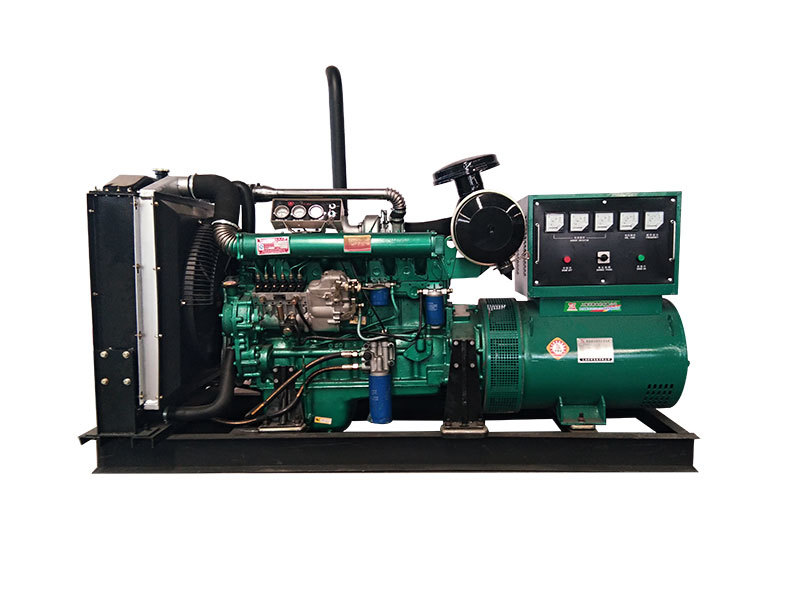The Importance of Understanding Generator Set Efficiency
To be honest, generator efficiency might not be the most thrilling topic in the world. But here's the thing: it's essential to understand if you want to make an informed decision when purchasing a generator set. Generator set efficiency ratings can help you determine the best generator for your needs, save money on fuel, and reduce your carbon footprint. So, let's dive into the world of generator efficiency ratings and learn what they're all about.
What Are Generator Set Efficiency Ratings?
A generator set efficiency rating measures the percentage of input energy that is converted into useful electrical power. In other words, it tells you how much fuel a generator needs to produce a certain amount of electricity. A higher efficiency rating means that the generator uses less fuel to produce the same amount of power, which can translate into significant savings over time.
Factors Affecting Generator Set Efficiency
Several factors can impact generator set efficiency, including:
Improving Generator Set Efficiency
Here are a few tips for improving the efficiency of your generator set:
- Size your generator appropriately for your needs. Running a generator at full load can significantly improve its efficiency.
- Choose a generator with an efficient engine. Diesel engines, for example, are known for their high efficiency.
- Schedule regular maintenance to keep your generator running at its best. This can include oil changes, air filter replacements, and other routine tasks.
Choosing the Right Generator for Your Needs
When selecting a generator, it's essential to consider its efficiency rating. But that's not the only factor to keep in mind. Here are a few other considerations:
- Power requirements: Determine how much power you need and choose a generator that can meet those needs efficiently.
- Fuel type: Diesel, gasoline, and natural gas generators all have different efficiency ratings and fuel costs. Choose the one that makes the most sense for your situation.
- Noise level: Some generators are louder than others. If noise is a concern, look for a generator with a low decibel rating.
Generator Set Efficiency Standards and Certifications
Several organizations offer certifications for generator set efficiency. These certifications can help you identify generators that meet certain efficiency standards. Some of the most common certifications include:
- EPA Tier 4: This certification indicates that a generator meets the Environmental Protection Agency's Tier 4 emissions standards, which are designed to reduce harmful air pollutants.
- ISO 8528: This international standard outlines the methods for determining the efficiency of reciprocating internal combustion engine-driven generator sets.
- CARB: The California Air Resources Board (CARB) certification indicates that a generator meets California's strict emissions standards.
In Conclusion: Making an Informed Decision
Understanding generator set efficiency ratings can help you make an informed decision when purchasing a generator. By considering factors such as load, engine type, and maintenance, you can choose a generator that meets your needs and operates efficiently. And by looking for generators with certifications such as EPA Tier 4, ISO 8528, and CARB, you can ensure that you're getting a generator that meets strict efficiency and emissions standards.
So, the next time you're in the market for a generator, don't overlook its efficiency rating. It might not be the most exciting feature, but it can make a big difference in your bottom line and the environment.
Now that you understand generator set efficiency ratings, you might be wondering which generator is right for you. To learn more, check out our guide to choosing the best generator for your needs. Happy generator shopping!





